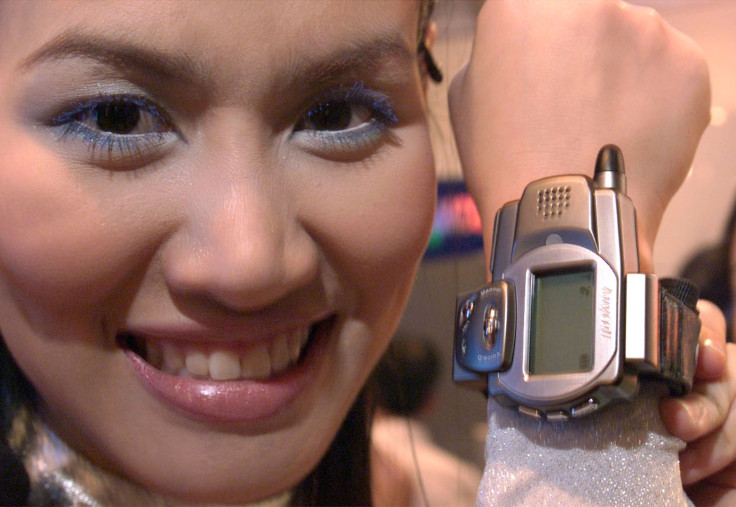Samsung Galaxy Gear Smart Watch Gearing Up: Are Consumers Ready?

As Samsung (KRX:005935) prepares to introduce the Galaxy Gear smart watch on Sept. 4 in Berlin ahead of the IFA 2013 trade show, there are still concerns whether the device can entice consumers at a time when wearable technology is still in its infancy.
Lee Young-hee, executive vice president of Samsung's mobile business, told The Korea Times, on Tuesday, that the South Korean tech giant is planning to announce a new wearable device next week. However, by calling it a concept, she implied that the product may not be ready for a release anytime soon.
“We will be introducing a new wearable concept device called Galaxy Gear at our own event in Berlin on Sept. 4," Lee said. “The new device will enhance and enrich the current smart mobile experience in many ways. It will lead a new trend in smart mobile communications.”
According to Lee, Samsung is gearing up against rival manufacturers, including Sony (NYSE:SNE), to get a competitive edge in the market for wearable devices as the smartphone market is gradually heading toward saturation. But, by implying that the Galaxy Gear is not yet ready for consumers, Samsung leaves a lot of room to doubt the company’s confidence in the technology and its demand among consumers, at least for now.
Mykola Golovko, a senior consumer electronics analyst at Euromonitor International, says that wearable electronic devices are on the verge of becoming mainstream in many developed countries, but there is still very little awareness and interest in wearable technologies in the global market.
“The problem that remains in need of a solution is what practical applications of a head- or wrist-mounted computer could persuade mainstream consumers who already own a wide array of portable electronics to purchase these products,” Golovko told International Business Times, in an email.
Wearable electronic products, such as Fitbit Flex, Nike+ FuelBand and BodyMedia Fit Link, which are already available in the market, are essentially focused on fitness and health. But, with limited on-board processing capabilities, these devices are only designed to work in conjunction with a smartphone or computer.
According to Golovko, who has categorized these products as “passive wearable electronics,” these devices have gained acceptance with niche consumers segments such as fitness enthusiasts, and will likely see an expanding market in the near future, which could drive sales growth, albeit from a low base.
Devices such as Sony SmartWatch and Google Glass, according to Golovko, are autonomous wearable electronics with in-built data processing or advanced connectivity features. And though they are currently available in the market, they are far less common among consumers.
“Today few consumers are interested in a wearable camera, or a fully functional wearable phone replacement, but this category has the most potential,” Golovko said. “Autonomous wearable devices are far more complex and capable, meaning there are opportunities to grow ecosystems of applications and services around them.”
Although companies like Samsung, Apple (NASDAQ:AAPL) and Acer (TPE:2353) are rumored to be working on the idea of smart watches, Golovko believes that chances of autonomous wearable devices becoming mainstream in the near term are bleak. A more likely scenario, according to him, is that passive wearable devices will gradually gain advanced features and eventually become standalone devices.
“In the long run we will see wearable devices become gradually more complex, and eventually become autonomous devices that can be used independently of smartphones or computers for a steadily expanding array of functions,” Golovko said.
According to new findings from Juniper Research, app-enabled smart watch shipments are expected to reach 36 million a year by 2018, compared to just more than one million in 2013. However, the future of the sector would essentially rely partly on the consumers’ response to the entrance of Apple and Samsung into the sector.
“By educating and publicizing this device segment to the consumer, Apple and Samsung will indeed act as a catalyst to the market,” Nitin Bhas of Juniper Research, said in a statement. “In addition, being a key influencer, these players’s entry into the smart watch segment will benefit existing smart watch players – providing an increase in awareness and adoption of other wearable devices”.
© Copyright IBTimes 2024. All rights reserved.





















